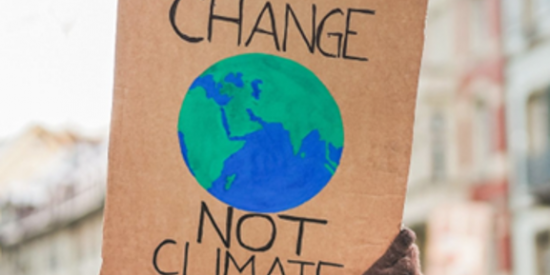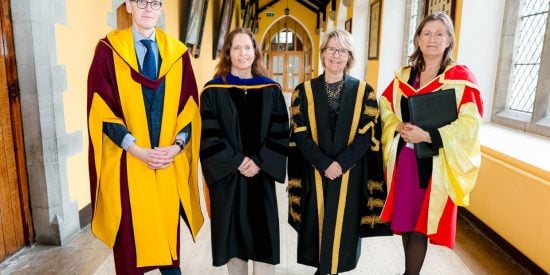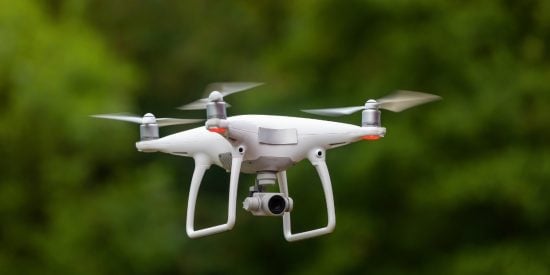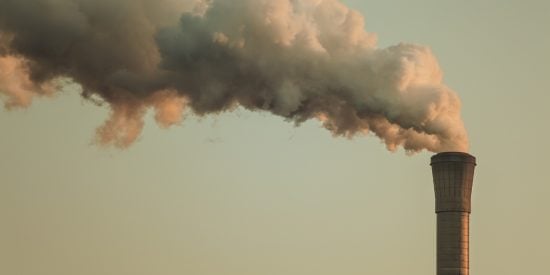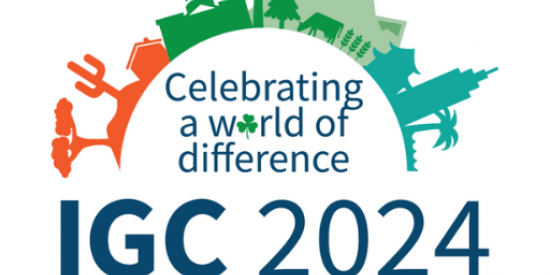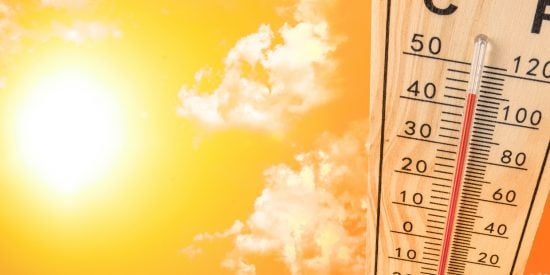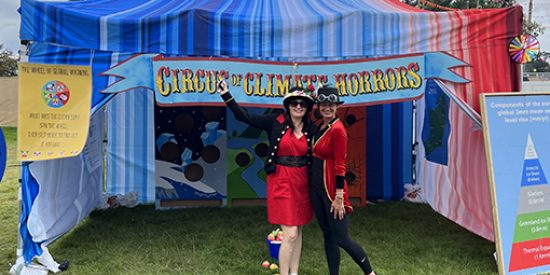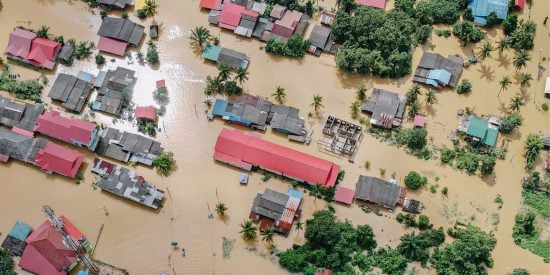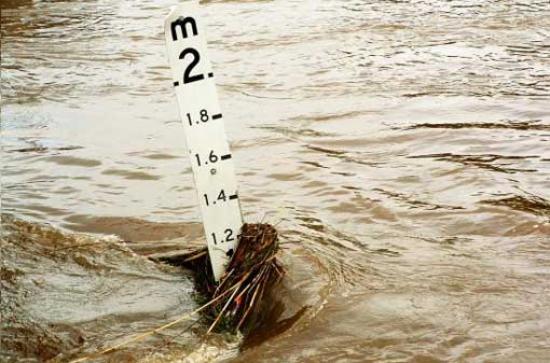
Peter Thorne, Professor in Physical Geography at Maynooth University and Director of ICARUS (the Irish Climate Analysis and Research UnitS group ), has stated that this generation’s research must provide solutions for further generations to right the wrongs of damage inflicted on the planet.
While there is no question that the globe has warmed since modern record keeping began, along with a host of other changes, the measurements have not been perfect. Instrumentation, measurement techniques and siting have all changed through time which complicates interpretation of long-term changes.
From 1 to 3 November, Maynooth University will host a meeting for the Global Climate Observing System which aims to begin to plan for a possible global surface reference network.
Professor Peter Thorne stated: “It doesn’t have to be this way in future. Through designing, instigating and maintaining a network of surface reference stations we could know with much greater confidence how climate is changing into the future. Reference measurements are high-quality instrumentation that has traceability back to measurement standards (ideally SI units such as metre, kg, second etc) and for which the uncertainty is rigorously understood. The technology exists to roll out and maintain such instrumentation at global sites today. The question is: shall we?
“In order to fully appreciate the significance of the proposed network, we need to imagine ourselves in the position of scientists working in the latter part of the 21st Century, and beyond.
“However, not just scientists, but also politicians, civil servants, and citizens are faced with potentially difficult choices in the face of a variable and changing climate. In this context, we need to act now with a view to fulfilling their requirements for having a solid historical context to assist with scientifically-vetted decisions related to actions on climate adaptation.
“We should care about this now because that generation of scientists, politicians, civil servants and citizens will be - collectively - our children and grandchildren, and it is our obligation to pass on to them the ability to make decisions with the best possible data. Having left a legacy of a changing climate, this is the very least successive generations can expect from us in order to enable them to more precisely determine how the climate has changed.”

